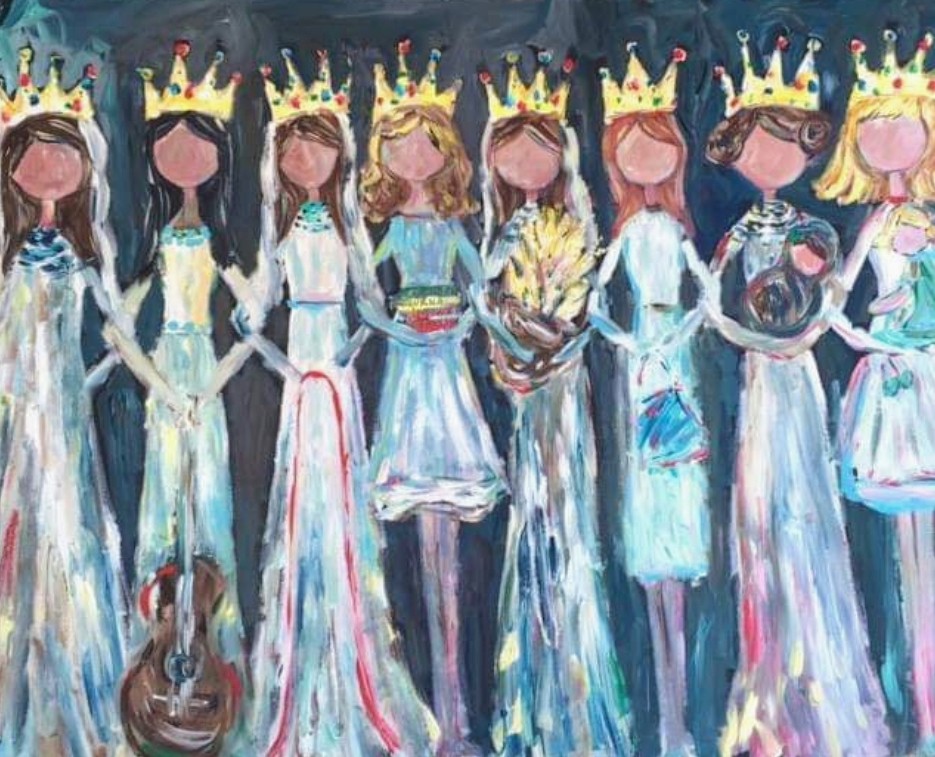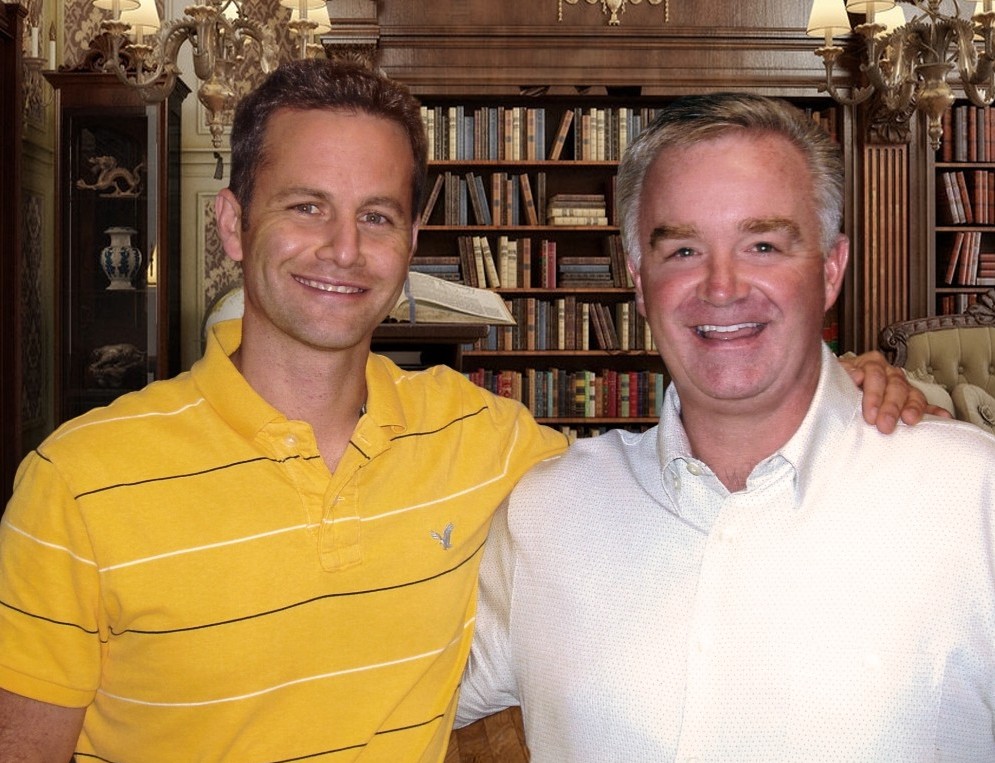
Yes, I’m adjusting a hymn title, but I’m adjusting it for good reason. The Son of God has come to us in the most unexpected way! I know it’s supposed to be the season of Lent, but I’m still in awe of the Christ of Christmas. Against the particular backdrop of some surprising women, God sent His Son in a way that ought to thrill our souls, so perhaps you’ll indulge me as I delight in the genealogy of Jesus …
Christ is descended from Eve. Who expected such grace in the Garden? Aren’t wrongdoers supposed to get what they deserve? Shouldn’t our first mother be marked forever by her direct disobedience to the simple command of her Creator? Instead, in the sovereign plan of God, the Bible’s first gospel promise falls on the ears of a wayward rebel.
Christ is descended from Sarah. Sarah! Isn’t she the lady who doubted? The lady who scoffed? The lady who chuckled at the promise of the Lord? Indeed she is. But God writes the story! History is His story. And, when our faith fails, His faithfulness isn’t minimized one iota.
Christ is descended from Leah. Leah the overlooked. Leah the unloved. Isn’t second fiddle just that, second fiddle? Not in the economy of God! This ought to encourage all of us, friends. People may overlook us, but we are the apple of God’s eye. People may reject us, but we who are in Christ have been eternally accepted (Ephesians 1:6).
Christ is descended from Tamar. Isn’t Tamar remembered for her blatant manipulation and outright deceit? When it comes to stellar reputations and the tide of popular opinion, she’s not a likely candidate to make the cut. But what we keep seeing over and over again is that nobody deserves to be in this family tree, and that’s precisely the point of my blog posting today.
Christ is descended from Rahab. Yes, that Rahab. Sullied. Sinful. Shamed. But have you ever noticed that God delights in showing mercy to the undeserving? God delights in rescuing the irredeemable! And my hope is that you will apply that good news to your own sin and shame today.
Christ is descended from Ruth. But Moabites don’t know our God! Moabites aren’t part of our family of faith! Moabites aren’t wrapped into our story of covenant faithfulness. That is true, until God opens wide the door and welcomes them in! That’s what He did for Ruth, the great grandmother of Jesus, and that’s what He does for you and for me.
Christ is descended from Bathsheba. Yet again, a very unlikely candidate. The wife of a Gentile, no less. Someone who’s presumed to be far, far from God. But here’s the deal: nobody’s so far away that God can’t come near. (And He seems to like doing that in the most unexpected ways.)
Christ is descended from Mary. Yes, that Mary. The Virgin Mary. Did someone say “miracle”? But she will have to live the rest of her life under the cloud of a presumed scandal. Who would have thought? Who would have reasoned? Who would have known? God. And when God knows, that’s all that matters! My bet’s on Him!
And I haven’t even mentioned the lineup of men in the genealogy, whose shortcomings and sins make the women’s bad behavior look like child’s play. My friends, there is a profound sense in which each one of us is a very unlikely recipient of grace. But it seems undeniable to me that our God shines brightest through disgraced people. We feel shelved, but God pays no attention to our categories, and He includes us in His great work in the world. Our Lord simply keeps writing His marvelous story of grace, and you and I become chapters in that story.
Quite frankly, I’m tired as I write this week, but I’m in awe. Totally in awe! I’m in awe of Jesus. Thank you for letting me share my awe with you.
Pastor Charles










Recent Comments